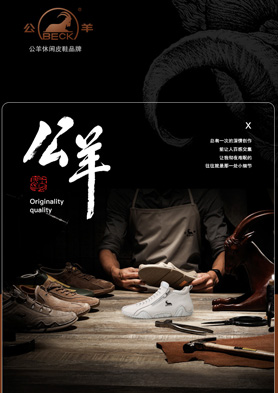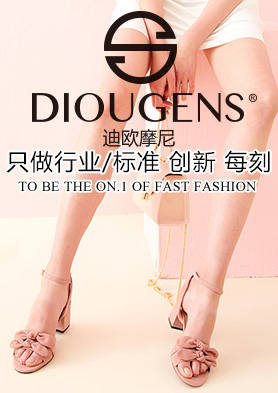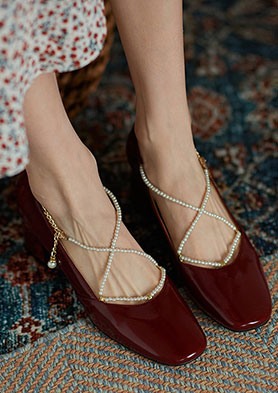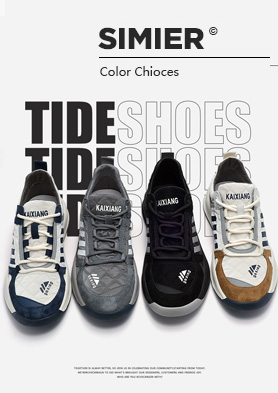訂單減少20%,客戶要求前往印度!單價比越南高20%

午后的一場短暫陣雨,讓海防市的空氣中彌漫著從地面上竄的熱氣。
A brief afternoon shower left Hai Phong City steaming, with heat vapors rising from the ground.
跟著豐卯工業有限公司(豊卯工業有限公司)總經理莊豐駿的腳步走進制鞋廠,他熱情地介紹生產線上每個部門負責制作鞋子的任務。豊卯是一家專門生產美國知名運動鞋品牌的代工廠。
Following Zhuang Feng-jun, general manager of Fengmao Industrial Co., Ltd., into the shoe factory, he enthusiastically explained the tasks each department on the production line carries out. Fengmao is an OEM that manufactures shoes for well-known U.S. athletic brands.
談到美國總統川普的對等關稅對越南加征46%的稅率,莊豐駿表示,美國線占該公司出口總量的40%,4月2日之后,美國進口商就呈現量縮,公司接到的訂單量萎縮約20%。
Discussing U.S. President Trump’s 46 percent reciprocal tariff on Vietnam, Zhuang said the U.S. market accounts for 40 percent of the company’s exports; after April 2, American importers cut volumes and Fengmao’s orders shrank by about 20 percent.
但豊卯早已提前在海外布局,2018年便到印度投資設廠,與印度最大集團公司塔塔(TATA)合作生產鞋子。
Fengmao had long planned overseas expansion: in 2018 it invested in a plant in India, partnering with the country’s largest conglomerate, Tata, to produce shoes.
莊豐駿表示,其家族1989年到印尼設立制鞋廠,直到1998年爆發大規模的排華運動才撤出,隨后落腳越南至今。
Zhuang noted that his family set up a shoe factory in Indonesia in 1989 but withdrew after the large-scale anti-Chinese riots in 1998, relocating to Vietnam where they remain.
有別于臺商2018年川普1.0貿易戰時,為降低沖擊,以「+1」到鄰近的越南投資,莊豐駿則以越南為據點,布局印度,儼然是「越南+1」模式。
Unlike many Taiwanese firms that adopted a “China + 1” strategy during Trump’s 2018 trade war by investing in nearby Vietnam, Zhuang uses Vietnam as his base and expands into India—effectively a “Vietnam + 1” model.
至于為何選擇印度,莊豐駿表示,臺商前往印度主要是應客戶要求,因為印度的市場較大,「在印度生產的鞋子以內銷為主,單價比越南高20%。」
As to why India, Zhuang said Taiwanese companies go there mainly at customers’ request because the market is larger: “Shoes made in India are mainly sold domestically and fetch prices 20 percent higher than in Vietnam.”
不過,在越南及印度生產鞋子所需的面料,都是由進口,這凸顯當地供應鏈并不完整。
However, the fabrics needed to produce shoes in both Vietnam and India are imported from China, underscoring that local supply chains are still incomplete.
莊豐駿表示,在90天關稅緩沖期內仍有接到訂單,但數量不多,客戶應是在觀望7月9日到期后的情勢。他大膽預測,以川普善變的個性,有可能展延緩沖期。
Zhuang said orders are still coming in during the 90-day tariff grace period, though not many; customers are clearly waiting to see what happens after the July 9 deadline. He boldly predicts that, given Trump’s unpredictable nature, the grace period may be extended.












